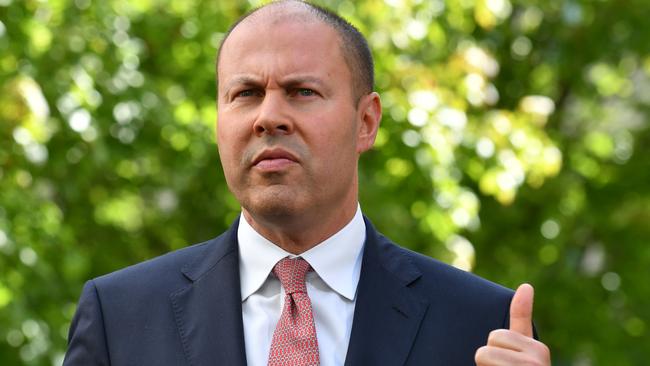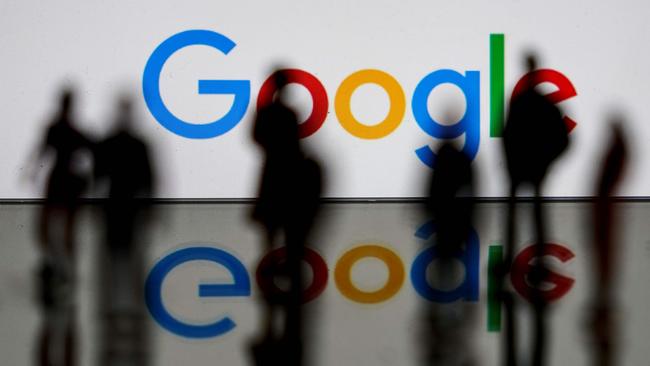Facebook, Google can be forced to pay for news after media law passes
Australia has become one of the first countries in the world that can force tech giants to pay for news after new laws pass.
National
Don't miss out on the headlines from National. Followed categories will be added to My News.
Australia has become one of the first countries in the world with the power to force tech giants to pay for the news they use, after a controversial law passed in parliament.
The News Media and Digital Platforms Mandatory Bargaining Code, created by Australia’s competition watchdog, could be used to demand powerful US firms Google and Facebook pay Australian news outlets for using their content, achieving what countries like Spain and Germany have tried and failed to do.
The code’s passing also ends a fierce, three-year battle with the tech giants over news, which has escalated in recent weeks.
Treasurer Josh Frydenberg this morning said the laws were “world-leading” and would have a positive impact on the Australian media landscape.
“This is a significant milestone,” he said.
“This legislation will help level the playing field and see Australian news media businesses paid for generating original content.”
Mr Frydenberg also told Sydney radio station 2GB that Facebook would restore news for its Australian users on Friday now the code — and its amendments — had been passed.

But its path into law has been a bumpy one after Google first threatened to withdraw its search engine from Australia and launched a fierce public campaign against the news code, and Facebook last week banned all news and other information from being seen by its Australian users to evade the law’s reach.
The multibillion-dollar social network this week agreed to lift its ban after winning amendments to the laws, although it still has yet to do so.
Facebook global affairs vice-president Nick Clegg last night issued a blog post seeking to explain the company’s extreme act, admitting it had “erred on the side of over-enforcement” by banning all news while arguing the laws had given it no other choice.

It’s still unclear whether Mr Frydenberg will “designate” Facebook or Google to fall under the laws, however, after both companies began striking last-minute deals with Australian news outlets to avoid it.
Swinburne University media senior lecturer Dr Belinda Barnet said the news code had already delivered for several publishers and TV networks, with companies including Seven West Media, Nine Entertainment, Junkee and News Corp (publisher of this masthead) signing deals with Google, and Facebook announcing a letter of intent for a deal with Seven.
“It will benefit Australian media organisations and it already has,” she said.
“Hopefully the Treasurer will stand up for small and medium-sized outlets if they don’t come out with deals.”
If either tech giant is named under the laws, it could see them undertake a negotiation, mediation and arbitration process with registered news outlets that would take as long as seven months.
Microsoft president Brad Smith welcomed the news code’s approval, calling the law “a big step forward” to a worldwide standard for supporting journalism online.
“It helps ensure publishers and journalists get paid a fairer share for their work,” he said.
“Australia has shown what’s possible and other democracies around the world can build on their ideas.”
Regulators in Europe, the United Kingdom, Canada and India have expressed interest in learning or copying from Australia’s news code, focusing future laws around competition issues rather than copyright.
But the Australia Institute Centre for Responsible Technology director Peter Lewis said the Government needed to closely monitor what Facebook did next in Australia, including deals it struck and offers it made to smaller media outlets, to determine whether it should be named under the laws.
Australia’s battle to regulate elements of the tech giants was also just beginning, he said.
“It is also important to recognise this is just part of a series of digital platform reforms proposed by the (Australian Competition and Consumer Commission) relating to disinformation, consumer data, and the creepy ad tech industry,” he said.
Originally published as Facebook, Google can be forced to pay for news after media law passes



